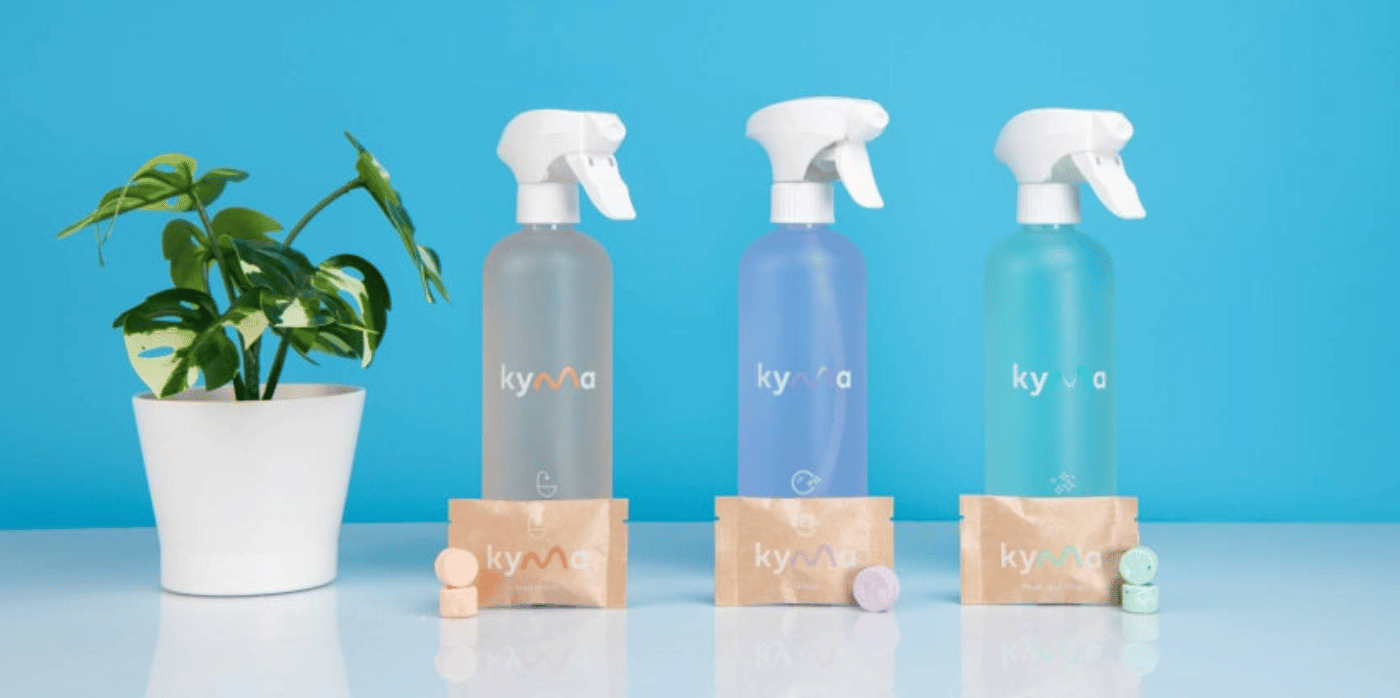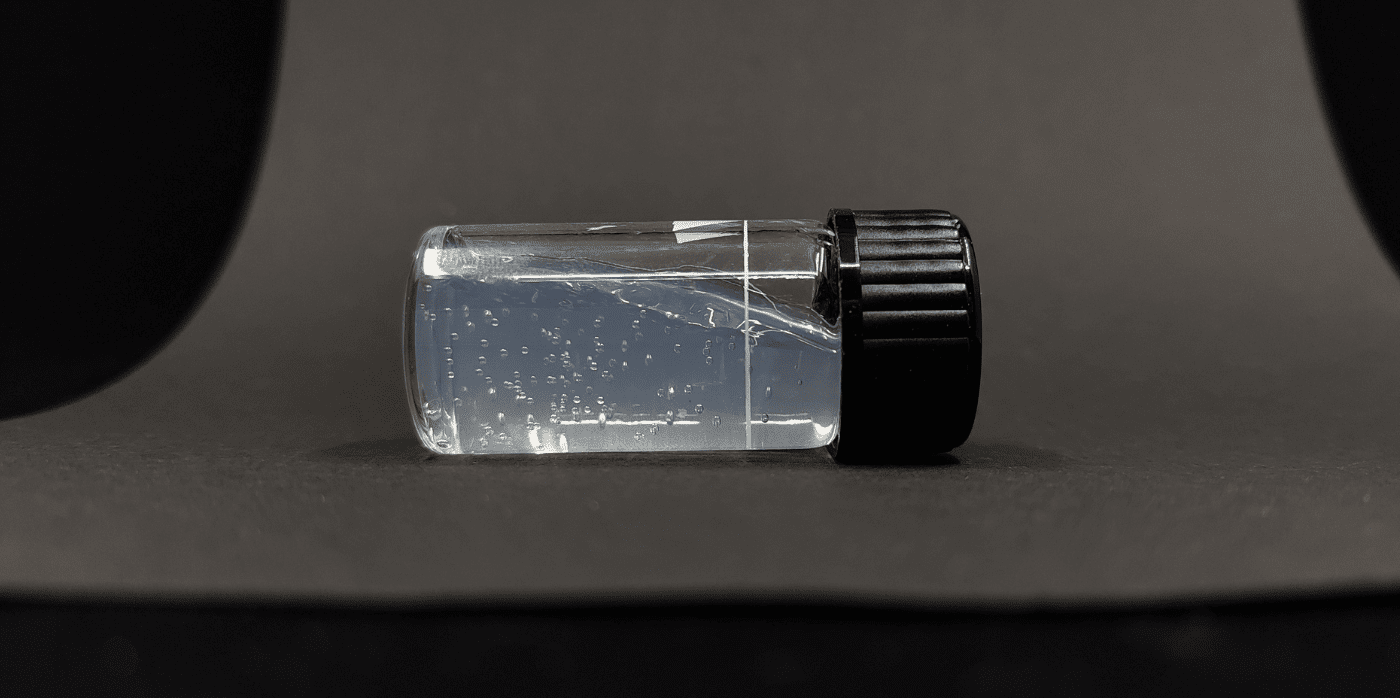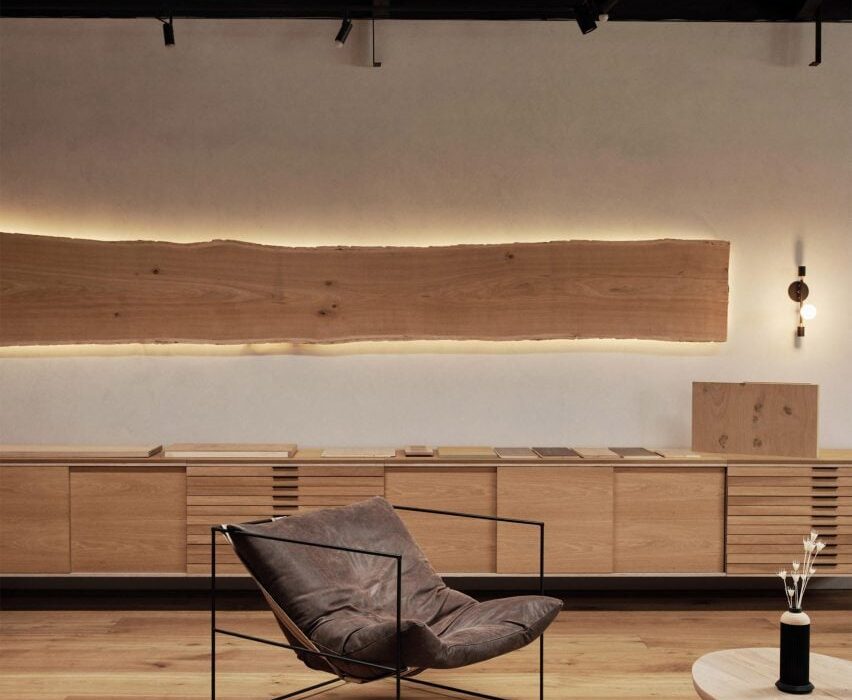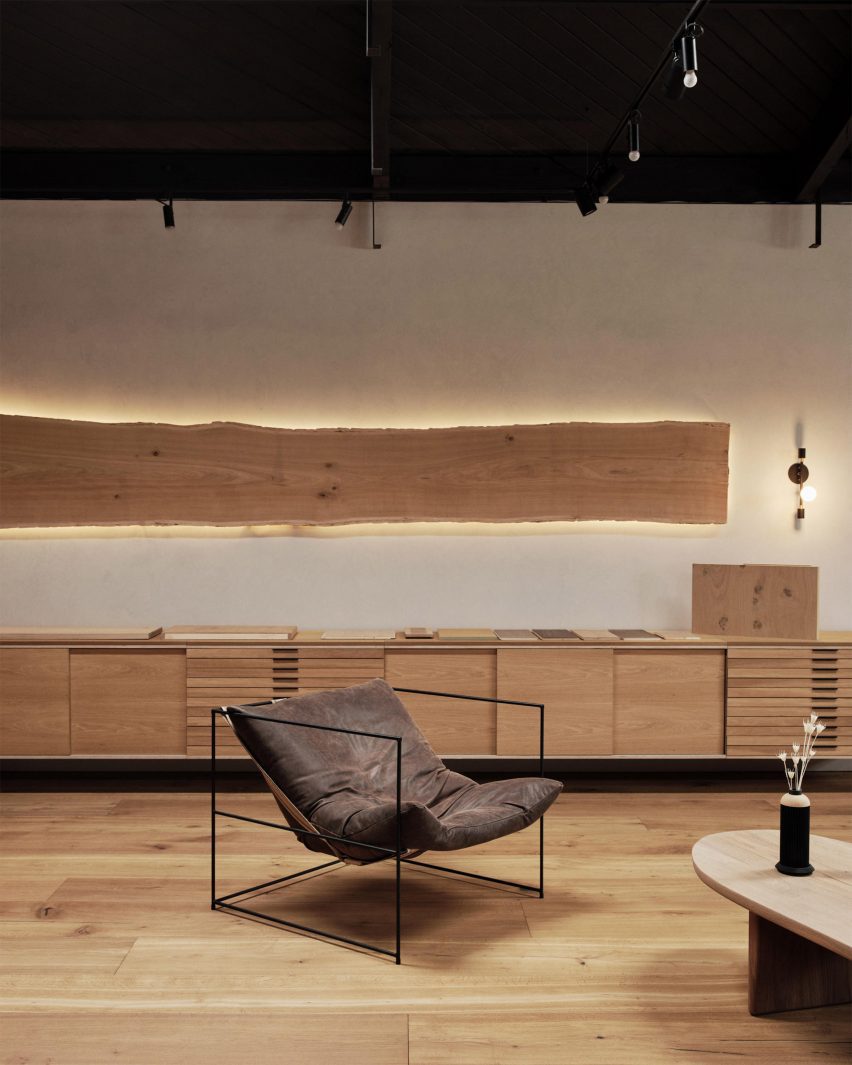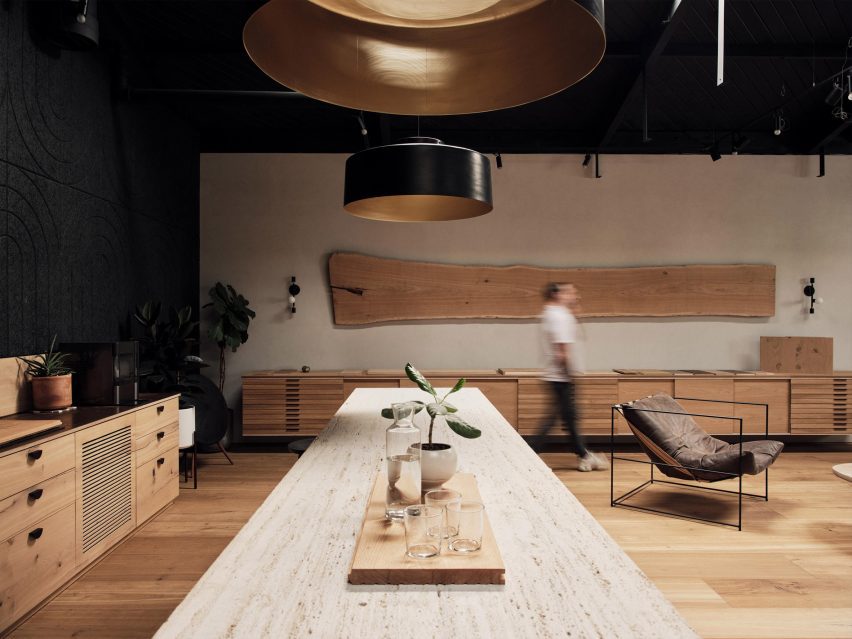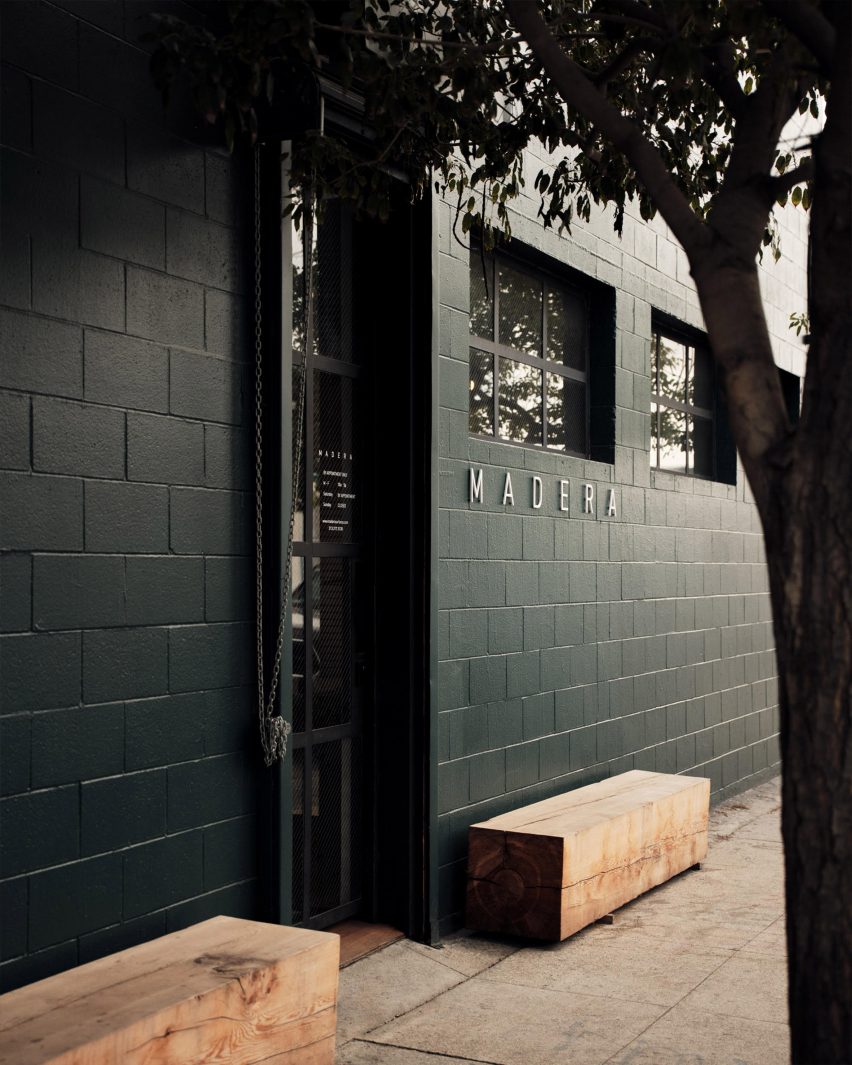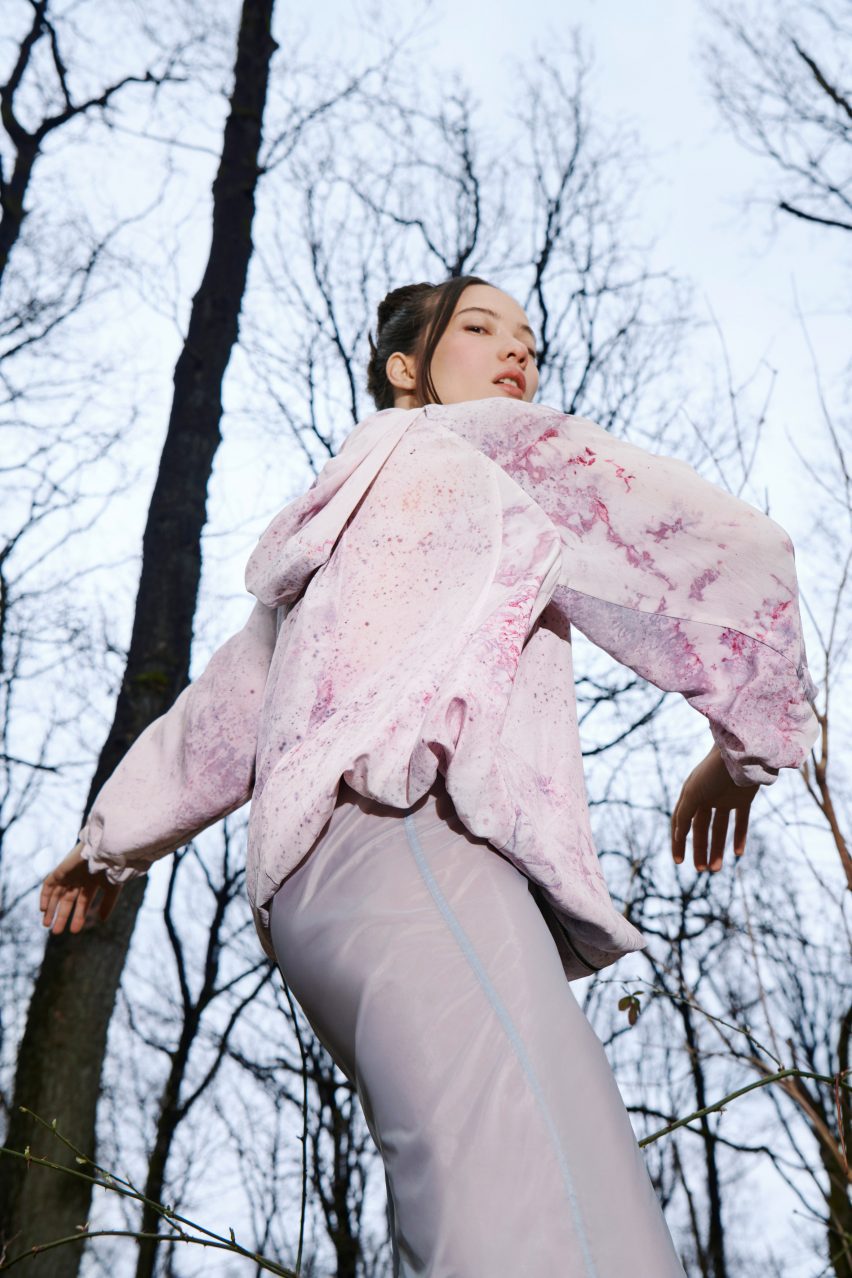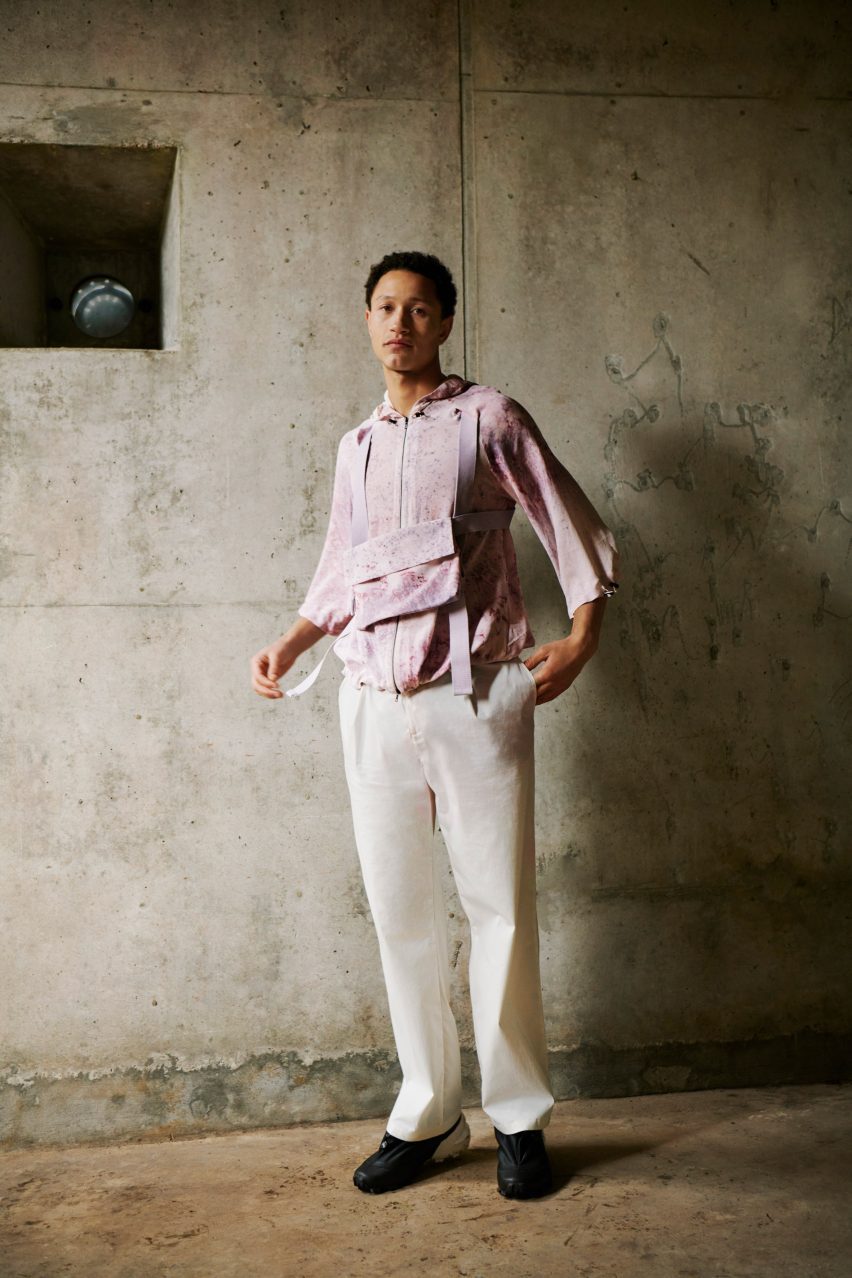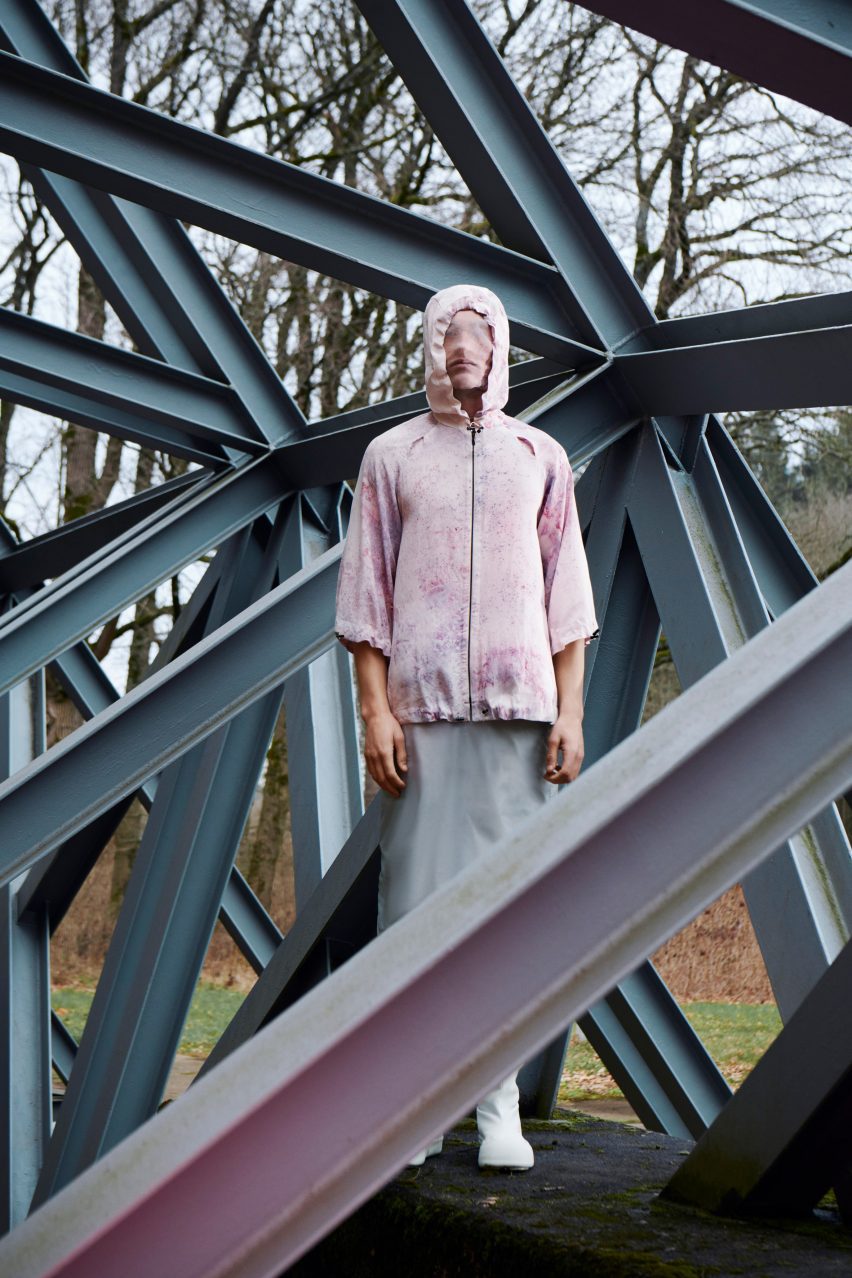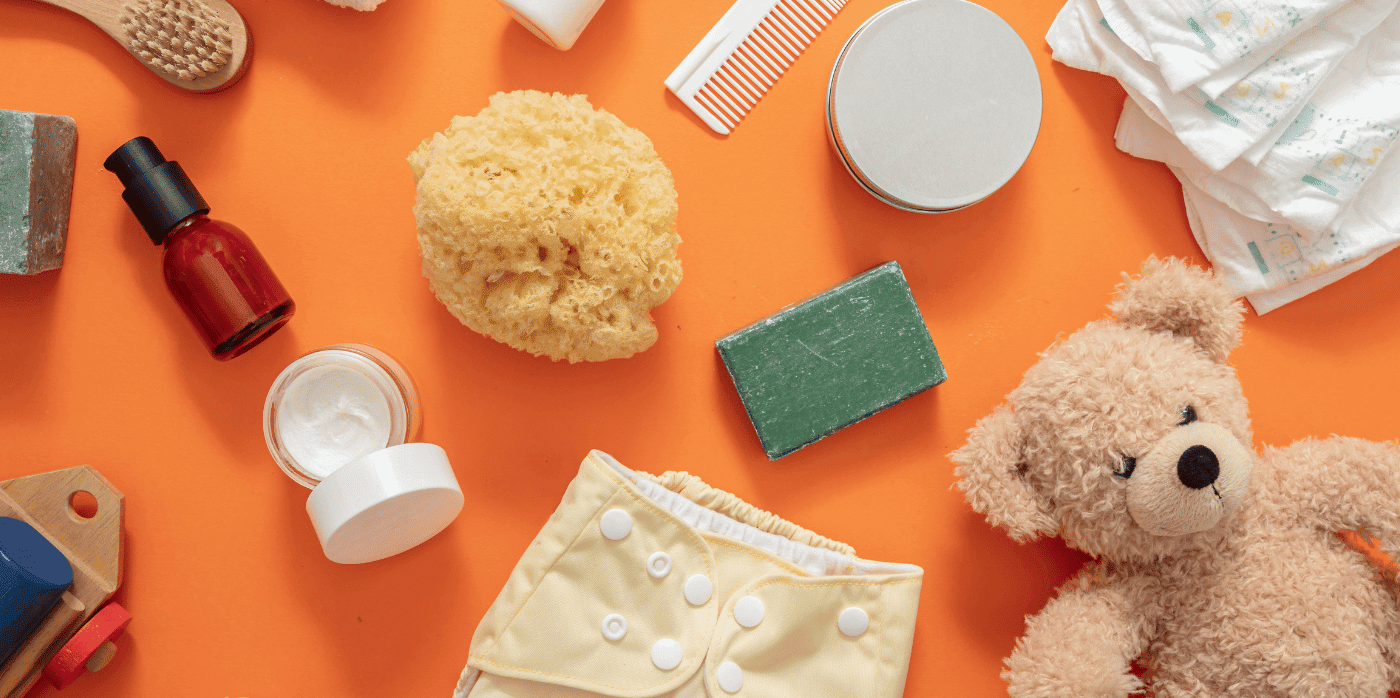Vitra “willing to take risks” on changing products says CEO Nora Fehlbaum
Swiss furniture brand Vitra will prioritise reducing the environmental impact of its existing lines through material innovation, CEO Nora Fehlbaum tells Dezeen in this interview.
One of the industry’s best known and most influential manufacturers, Vitra‘s collections include iconic pieces such as Eames plastic shell chairs and Panton chairs.
Like its peers, the brand is under increasing pressure to reduce the ecological footprint of its operations in the face of worsening climate change.
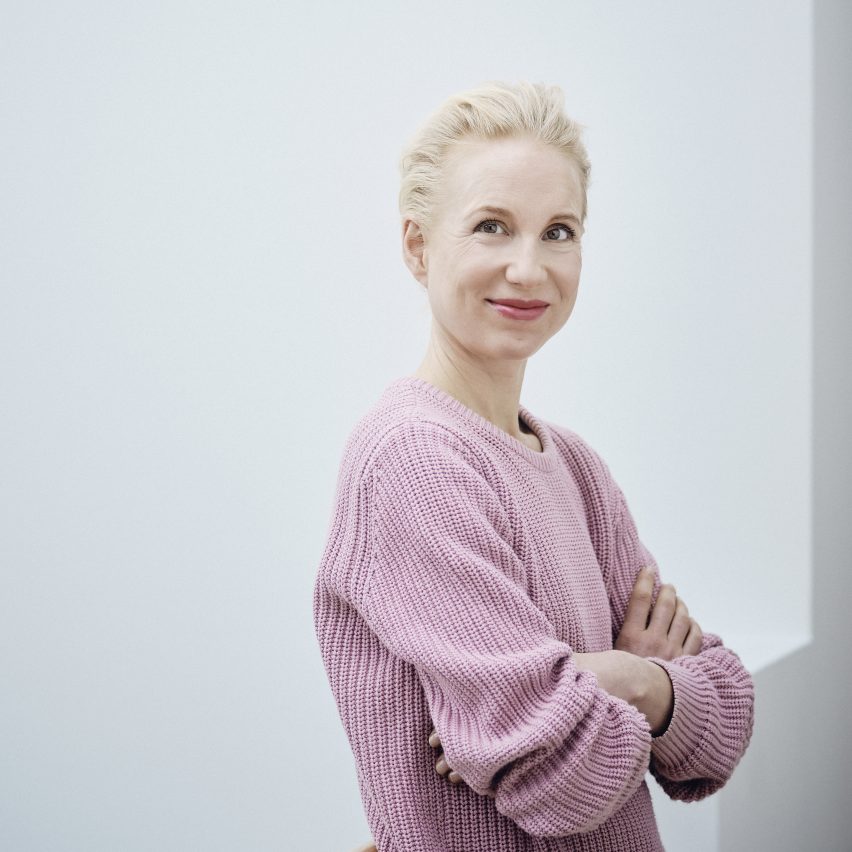

Speaking to Dezeen at the Vitra Campus in Weil Am Rhein, Germany, Fehlbaum suggested that the company’s heritage as a high-end, design-focused furniture brand is inherently aligned with sustainability.
“Vitra’s greatest contribution to sustainability is its products with an above-average service life, which omit everything superfluous,” she told Dezeen.
“Our roots in modern design would allow nothing else.”
However, she claimed Vitra is “doing everything we can with all the means we have” to become more sustainable.
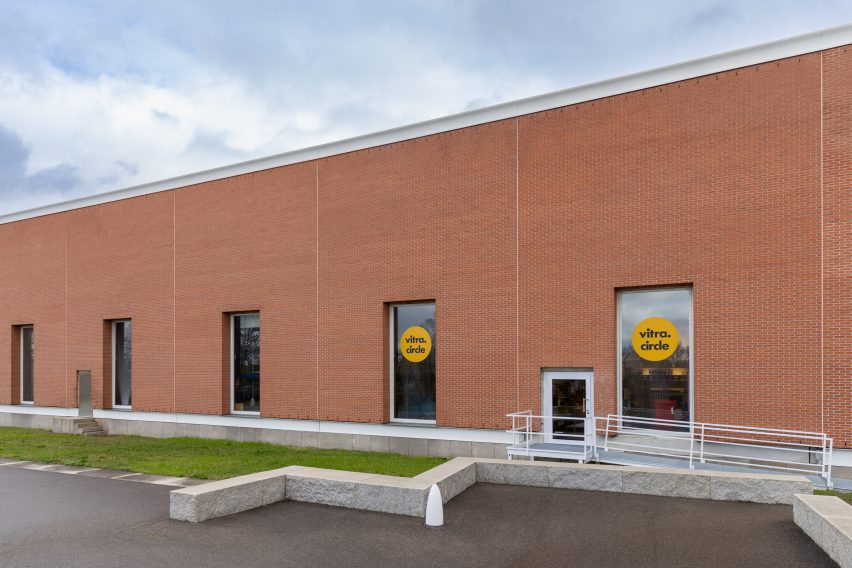

“Everybody at Vitra has understood our environmental mission,” she said. “We don’t have a sustainability officer – everybody has taken it as their own.”
Vitra’s stated goal is to be “a net-positive company based on all the indicators of its ecological footprint by 2030”.
It has a long way to go, with the company’s most recent sustainability report published in 2022 stating that its total emissions for the year were equivalent to nearly 141,000 tonnes of CO2.
Eames shell chairs now made from recycled plastic
The brand’s sustainability strategy is chiefly focused on its popular existing products, Fehlbaum said.
“We have the biggest impact if we change the products that we sell the most of already, rather than inventing one single sustainable product,” she argued.
“At Vitra, a product is never final, but continues to evolve.”
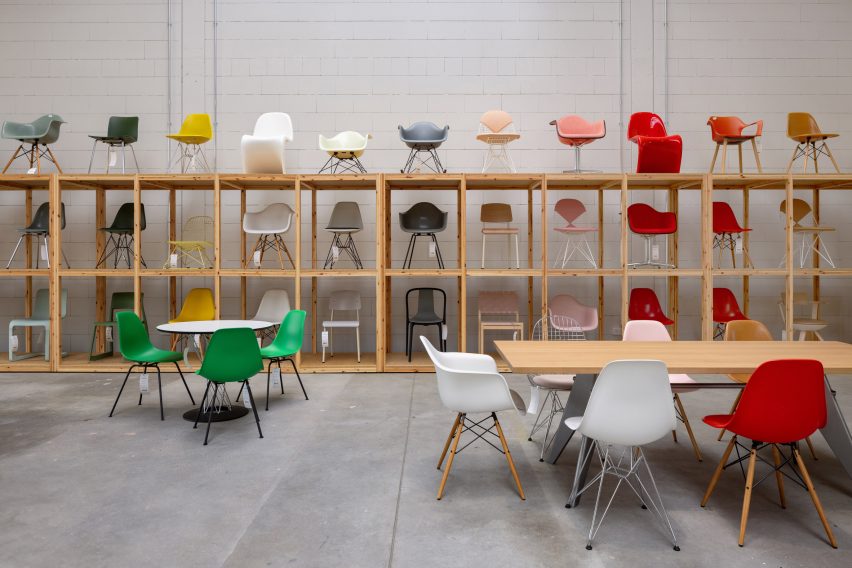

As of January this year, the shells of the Eames plastic chairs manufactured by Vitra are now made exclusively from recycled post-consumer plastic.
“[The Eames shell chair] is probably the most iconic, most copied chair out there – and it won’t be available in virgin material,” said Fehlbaum.
The switch means the shells have a speckled finish that differs from the originals, but Fehlbaum is satisfied with this “recycled aesthetic”.
“It’s a different aesthetic, and of course we hope the consumer gets used to – and maybe even comes to love – this new aesthetic,” she said.
“That’s a risk that we’re taking and that we’re willing to take.”
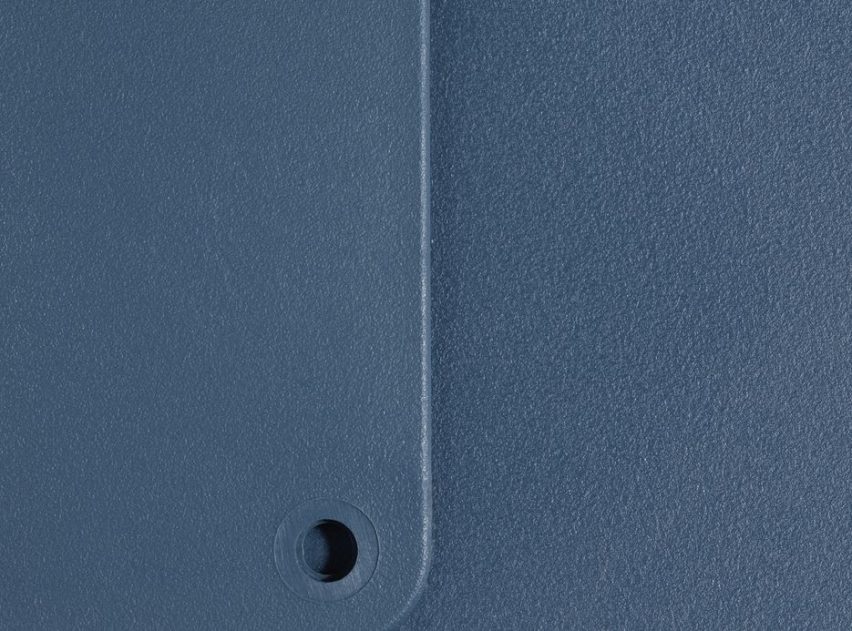

It follows earlier switches of products and parts from virgin to recycled plastic, starting with Barber Osgerby’s Tip Ton chair in 2020.
A number of accessories like Arik Levy’s Toolbox and Konstantin Grcic’s Locker Box have since followed. The entire HAL chair family, designed by Jasper Morrison, now also have their shells manufactured using recycled plastic.
The recycled plastic is taken from household recycling obtained through the German garbage collection programme Gelber Sack (Yellow Bag).
“Utilising this raw material instead of petroleum-based primary plastics generates fewer climate-damaging emissions and less primary energy consumption,” Fehlbaum claimed.
The role of recycling in solving the world’s plastic pollution crisis is contested among designers.
Some, including designer Richard Hutten and Belgian curator Jan Boelen, argue that big brands are using recycling to create an illusion of change while continuing to use virgin plastics.
Others, among them the CEO of the Ellen MacArthur Foundation Andrew Morlet, argue that durable, recyclable plastics can form part of a circular economy.
Many recycled plastic products involve the use of some virgin plastic or additive substances that then complicate or inhibit their own recyclability.
Vitra said its RE product, used for the Eames shells, does not contain any virgin plastic and can be fully recycled at the end of the product’s life thanks to the use of technical fillers, like glass fibres, rather than any additives that prevent onwards recycling.
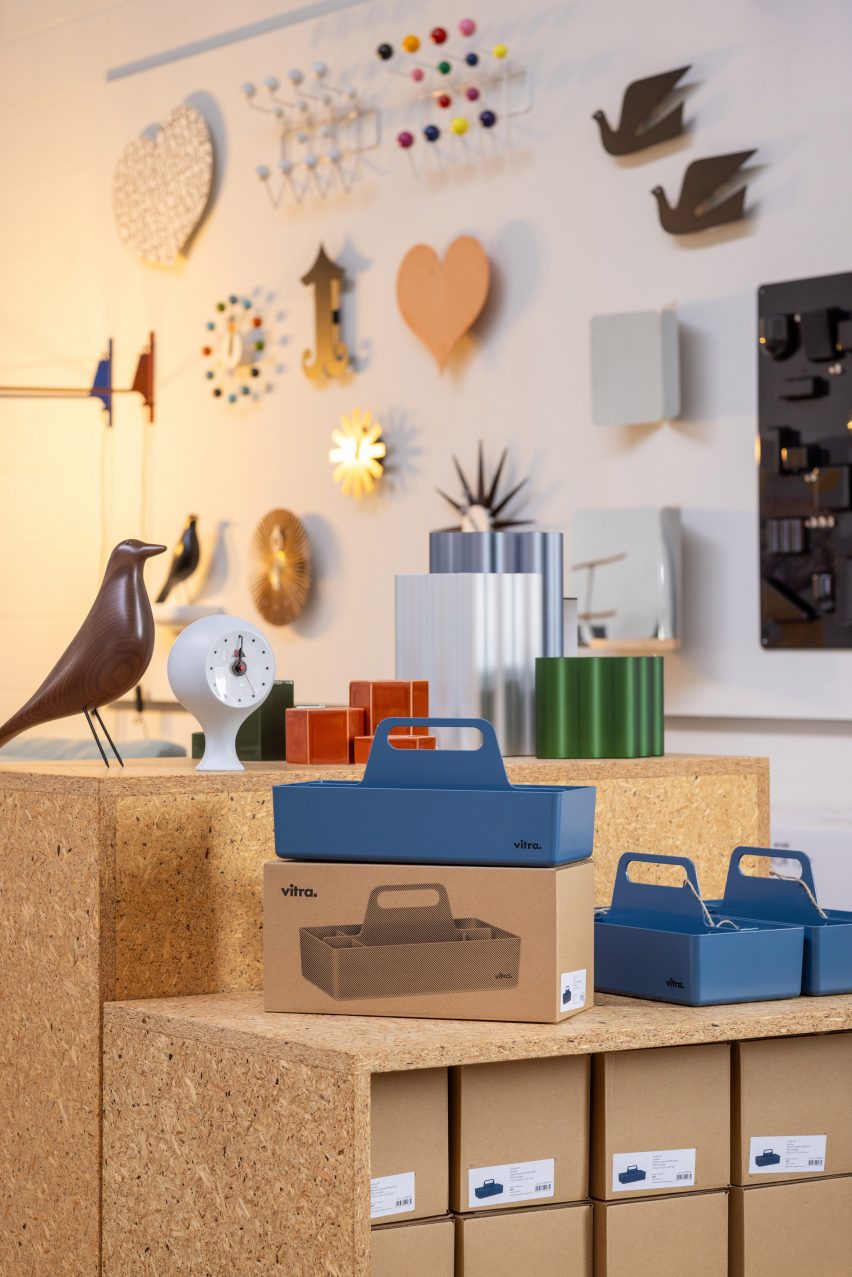

Another sustainability initiative is Vitra’s Circle Stores, which sell used furniture and accessories by Vitra and Artek, such as sample products and exhibition pieces, with prices depending on the condition of the products.
All products are tested for functionality and repaired if necessary so that a renewed product warranty can be granted.
The first Circle Store opened in Amsterdam in 2017 in response to questions from customers about second-hand Vitra products, with a second in Brussels.
A third recently “moved” from Frankfurt and opened in an adapted space at the Álvaro Siza-designed Vitra Campus factory building, with a service and repair area where customers can bring their products to receive a new lease of life.
“With the Circle Store, we can offer our environmentally conscious clients an even more environmentally conscious choice: namely that of a second-hand product,” said Fehlbaum.
Absence in Milan “really wasn’t such a huge deal”
The brand has also taken steps to rewild parts of the Vitra Campus. The Piet Oudolf garden was completed in 2020 and Vitra is working with Belgian landscape architect Bas Smets on a masterplan plan for fewer roads and more native trees on the site.
Fehlbaum acknowledges that some may be sceptical about the sustainability work it is doing within the context of widespread greenwashing.
“It’s impossible to get through this jungle of messaging,” she said.
“How do we talk about it to make sure that it is clear how thoroughly and authentically we’re really tackling this?”
Some other furniture brands have also reduced their presence at design fairs amid concerns about the significant emissions associated with shipping products around the world for temporary showstands.
Vitra has historically had a significant presence in Milan during the Italian city’s annual design week in April, but was noticeably absent in 2023.
However, Fehlbaum said that although she was asked about this a lot “it really wasn’t such a huge deal”.
“For us, it makes a lot of sense to use what we already have,” she said.
“We have the Vitra Campus and it’s not so far from Milan. We prefer to use and invest in something that can be around for five or 10 years rather than spending a lot of energy and resources on something that after five days we’re going to have to break down.”
It is yet to be seen if the brand will return to Milan design week this year.
“The way we think about it [showing at design fairs like Milan] is never black or white,” Fehlbaum explained.
“There might be a moment where we say Milan is exactly the right place at the right moment to talk about something, and then maybe we’ll be there.”
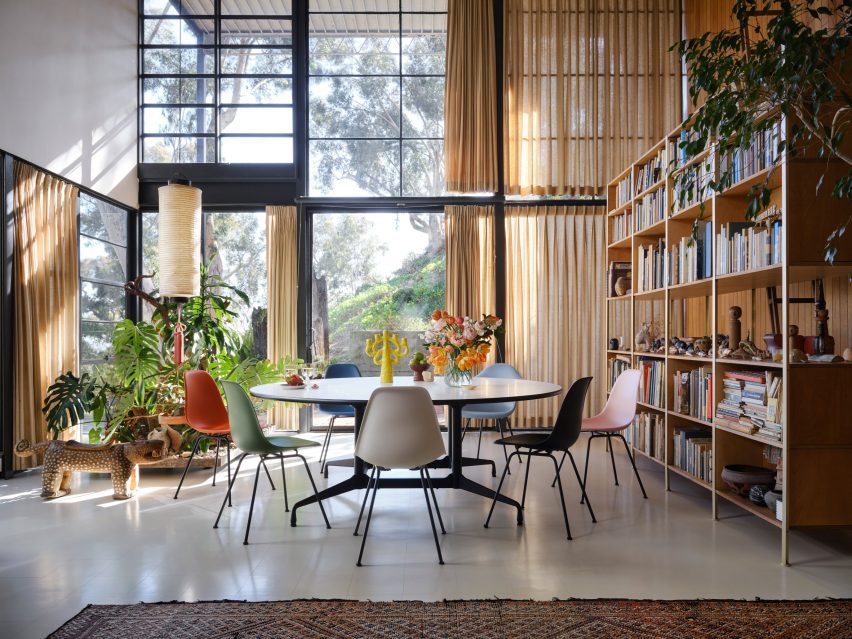

Vitra was founded in 1950 by Nora Fehlbaum’s grandparents Willi and Erika Fehlbaum and has since grown to become one of the industry’s leading names.
Nora Fehlbaum succeeded her uncle, Rolf Fehlbaum, as CEO in 2016 and identifies improving the brand’s sustainability as her key mission.
“There is still a long way to go before reaching our environmental goals,” she acknowledged. “Things need to be tested, mistakes must be made, and in the process the company might sometimes overlook an important aspect or underestimate the impact of an activity.”
This is now a central part of the brand’s function as an industry leader, Fehlbaum suggests.
“The designer landscape has changed. In the past, it was a lot about iconic design and breaking the mould, building your own brand and your studio – new things – and now, the students that are graduating come with their own environmental mission,” she said.
“I see our role, together with these people and with the right suppliers and innovative companies, to find solutions that are, for lack of a better term, sustainable in the longer term.”
Other interviews recently published on Dezeen include the Kvadrat CEO saying sustainability is “not making our lives easier” and Iittala creative director Janni Vepsäläinen sharing her goal to help the brand “remain culturally relevant for another 100 years”.
The photography is courtesy of Vitra unless otherwise stated.
Dezeen In Depth
If you enjoy reading Dezeen’s interviews, opinions and features, subscribe to Dezeen In Depth. Sent on the last Friday of each month, this newsletter provides a single place to read about the design and architecture stories behind the headlines.

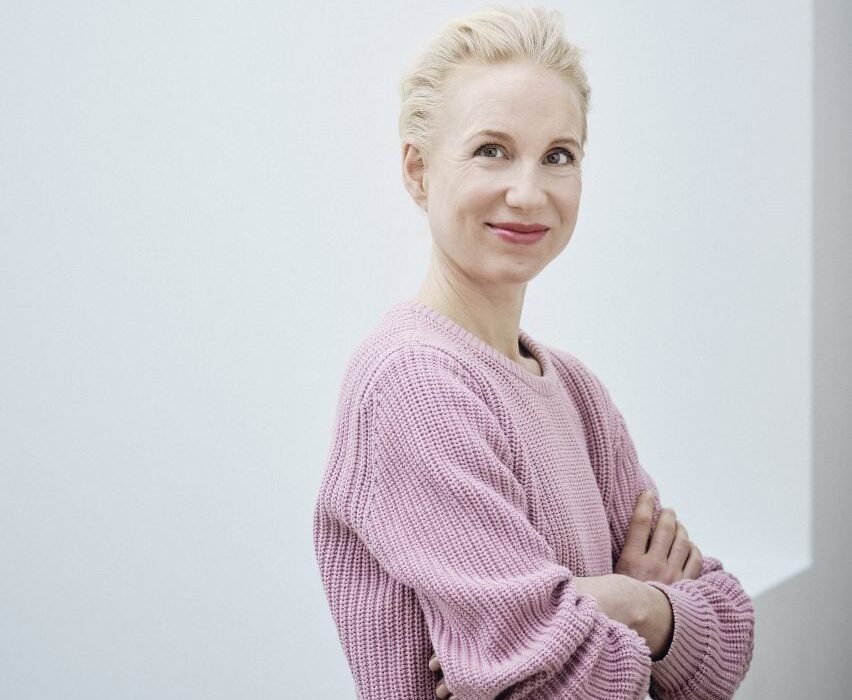
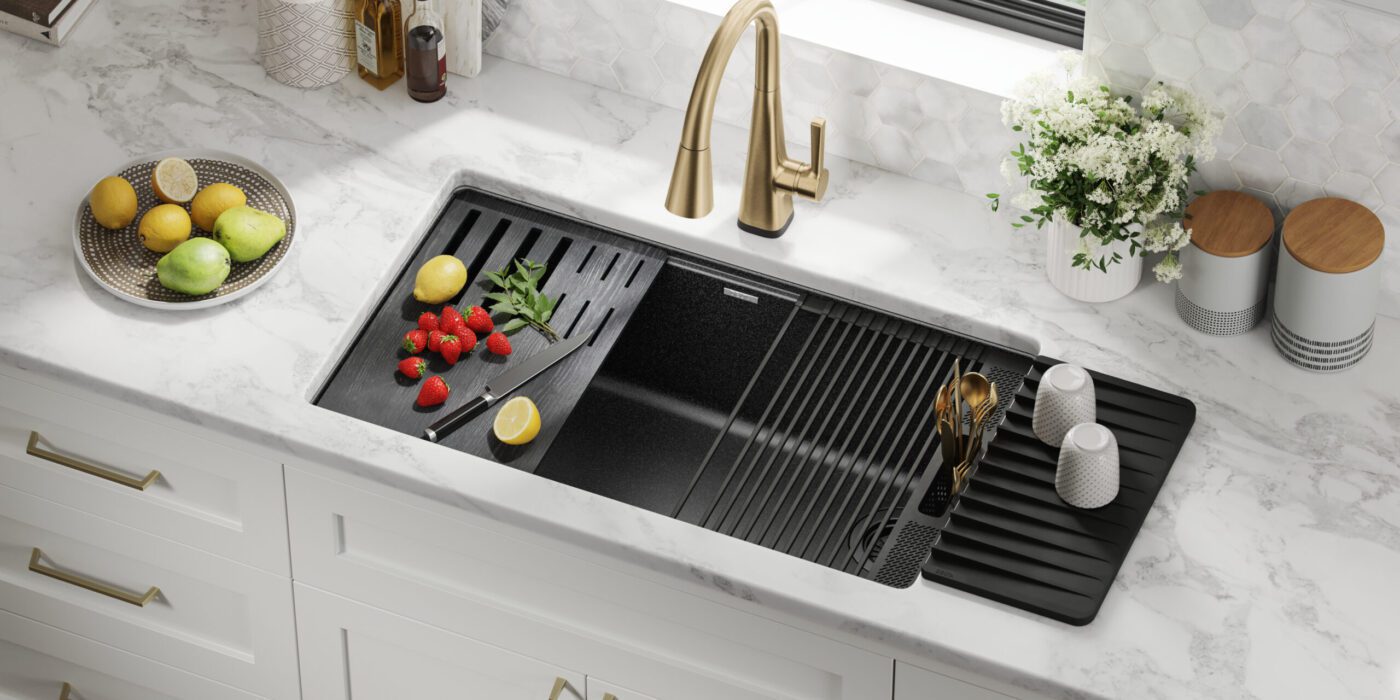
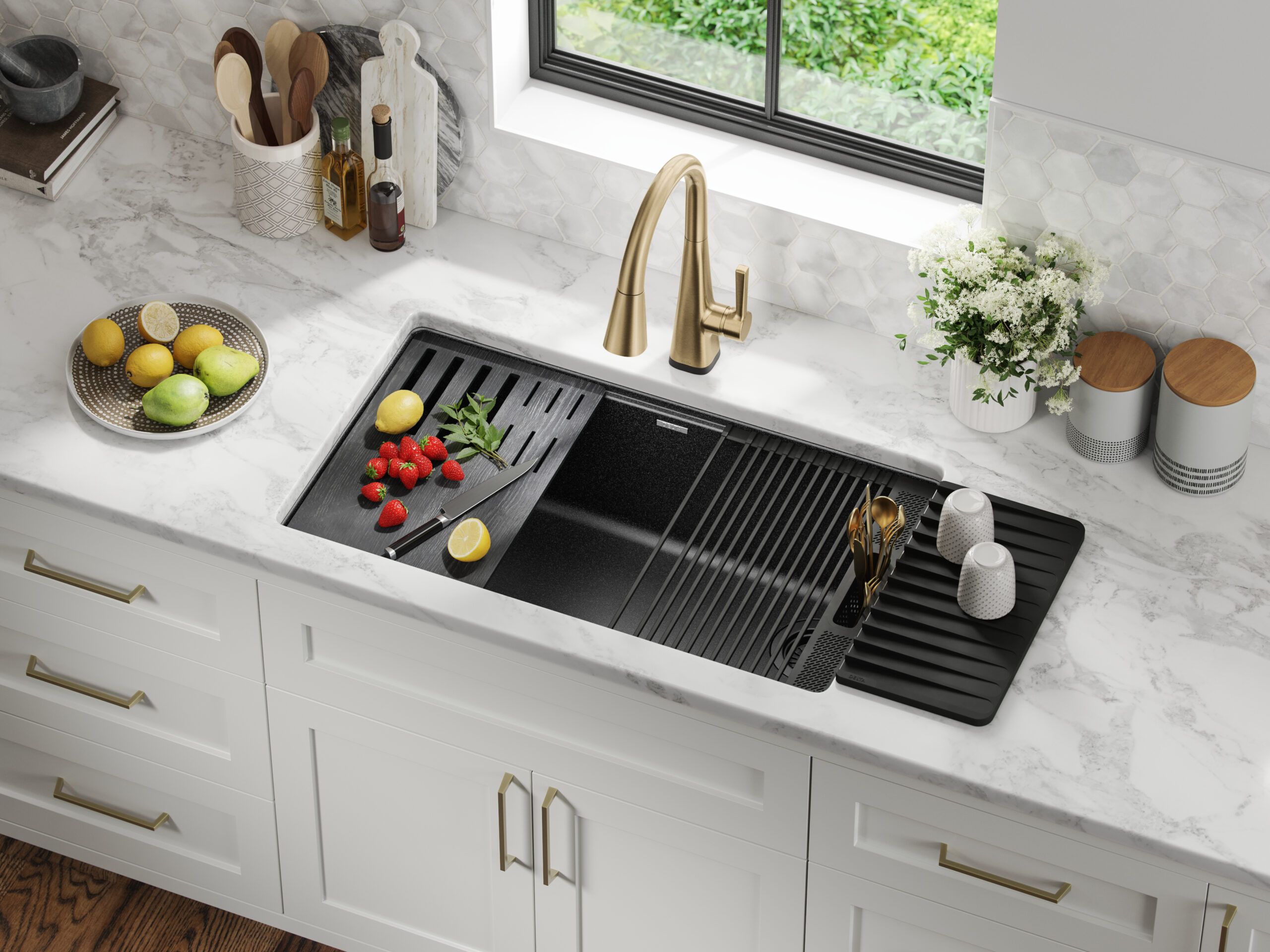 If you’ve been on social media any time in the last year, you’re bound to have seen a workstation sink. The multifunctional units are the envy of every avid home chef, and this version by Delta Faucet is terrific. Designed to meet the evolving needs of modern kitchens, the workstation sinks are a blend of Delta Faucet water-delivery expertise and functional design. Each Workstation sink is sleek in design and offers a multifunctional workspace through its built-in WorkFlow™ ledge. The adaptable sink space is equipped with integrated accessories like cutting boards, dish racks, utensil holders and even a ledge to hold your phone or tablet. Constructed from durable TRU16 gauge stainless steel and featuring noise-reducing soundproofing, these sinks are designed for both durability and quiet operation.
If you’ve been on social media any time in the last year, you’re bound to have seen a workstation sink. The multifunctional units are the envy of every avid home chef, and this version by Delta Faucet is terrific. Designed to meet the evolving needs of modern kitchens, the workstation sinks are a blend of Delta Faucet water-delivery expertise and functional design. Each Workstation sink is sleek in design and offers a multifunctional workspace through its built-in WorkFlow™ ledge. The adaptable sink space is equipped with integrated accessories like cutting boards, dish racks, utensil holders and even a ledge to hold your phone or tablet. Constructed from durable TRU16 gauge stainless steel and featuring noise-reducing soundproofing, these sinks are designed for both durability and quiet operation.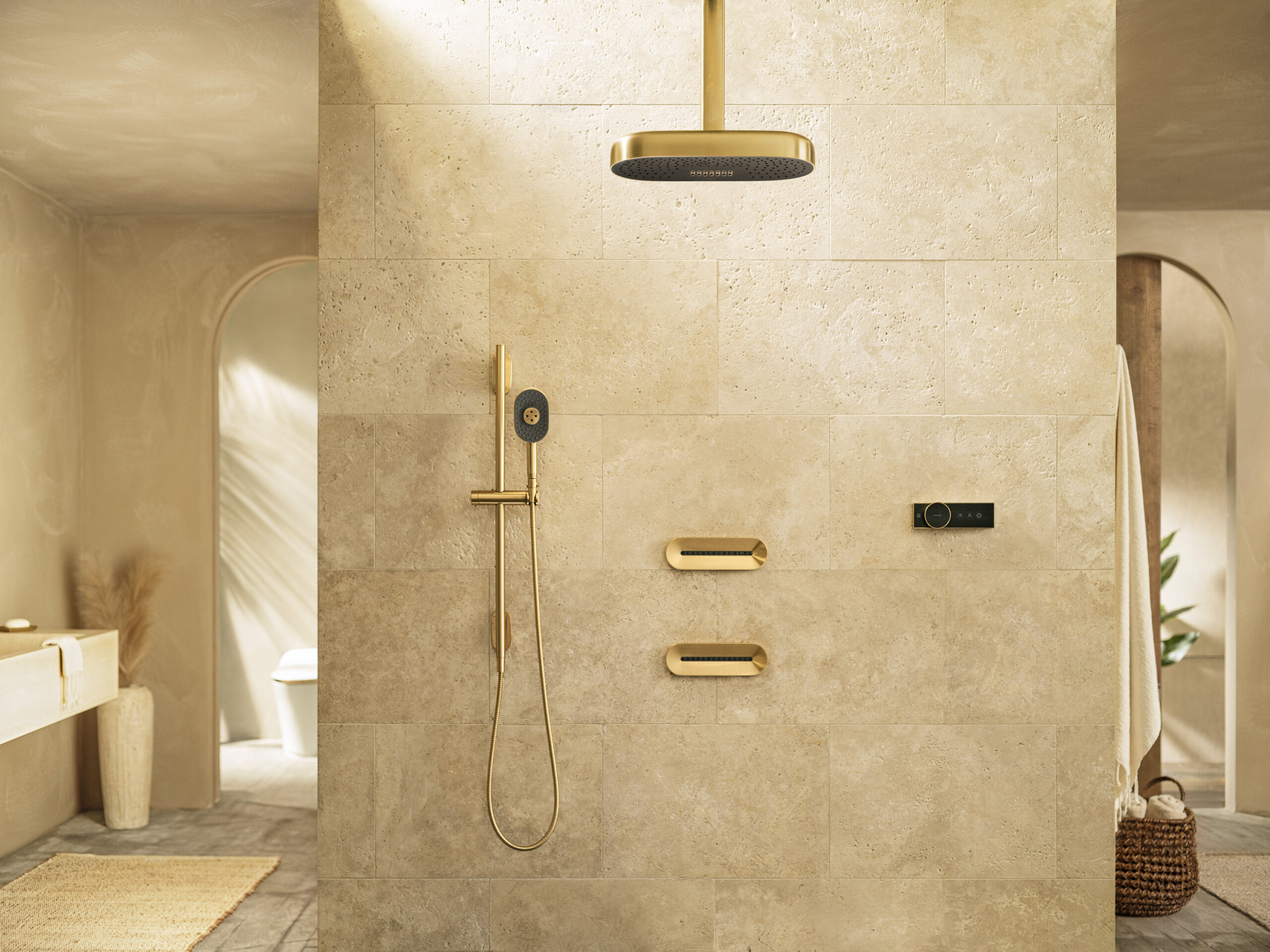 Often, the goal of technology is to increase functionality and make things easier, but sometimes, it’s about pure luxury, and that was Kohler’s goal when creating the Statement Shower Collection—exquisite design paired with innovative performance to create the ultimate well-being experience.
Often, the goal of technology is to increase functionality and make things easier, but sometimes, it’s about pure luxury, and that was Kohler’s goal when creating the Statement Shower Collection—exquisite design paired with innovative performance to create the ultimate well-being experience.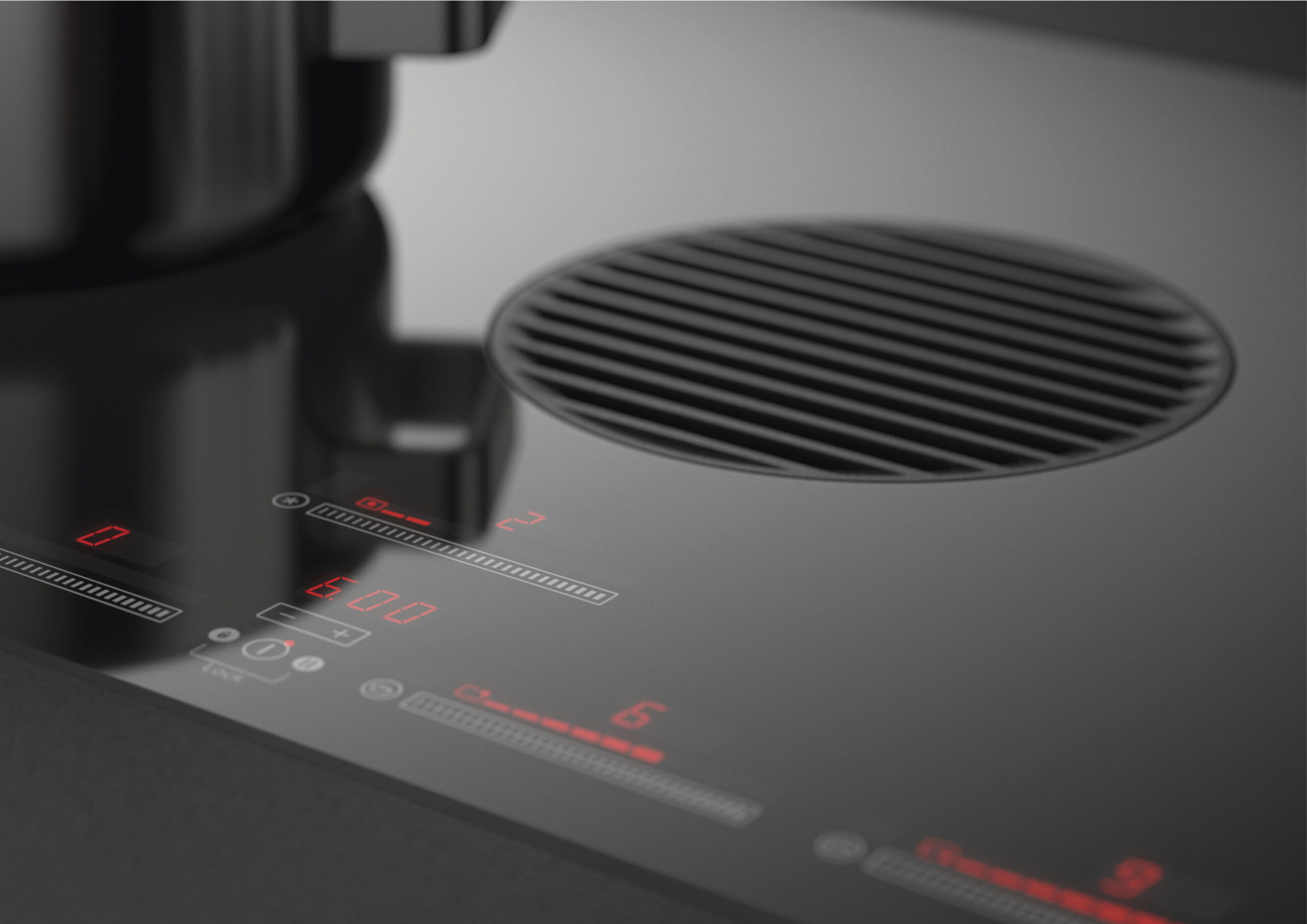 The average kitchen extractor or cooker hood has never been the most attractive of appliances. While they have a valid purpose in most homes, bulky, shiny and painfully noisy are but a few choice descriptives for the standard extraction system, and because of these unfortunate characteristics, these silver suckers have been rapidly falling out of favor with designers and homeowners alike. But what do you do when you have poor ventilation and a fondness for aromatic foods? The answer— downdraft extractors. A relatively new innovation in kitchen design, downdraft extractors offer a sleek and discreet alternative to traditional overhead cooker hoods. They’re designed to be flush with the kitchen countertop and extract air directly from the hob when in use, making them especially suitable for kitchen islands or where a clear line of sight is preferred.
The average kitchen extractor or cooker hood has never been the most attractive of appliances. While they have a valid purpose in most homes, bulky, shiny and painfully noisy are but a few choice descriptives for the standard extraction system, and because of these unfortunate characteristics, these silver suckers have been rapidly falling out of favor with designers and homeowners alike. But what do you do when you have poor ventilation and a fondness for aromatic foods? The answer— downdraft extractors. A relatively new innovation in kitchen design, downdraft extractors offer a sleek and discreet alternative to traditional overhead cooker hoods. They’re designed to be flush with the kitchen countertop and extract air directly from the hob when in use, making them especially suitable for kitchen islands or where a clear line of sight is preferred.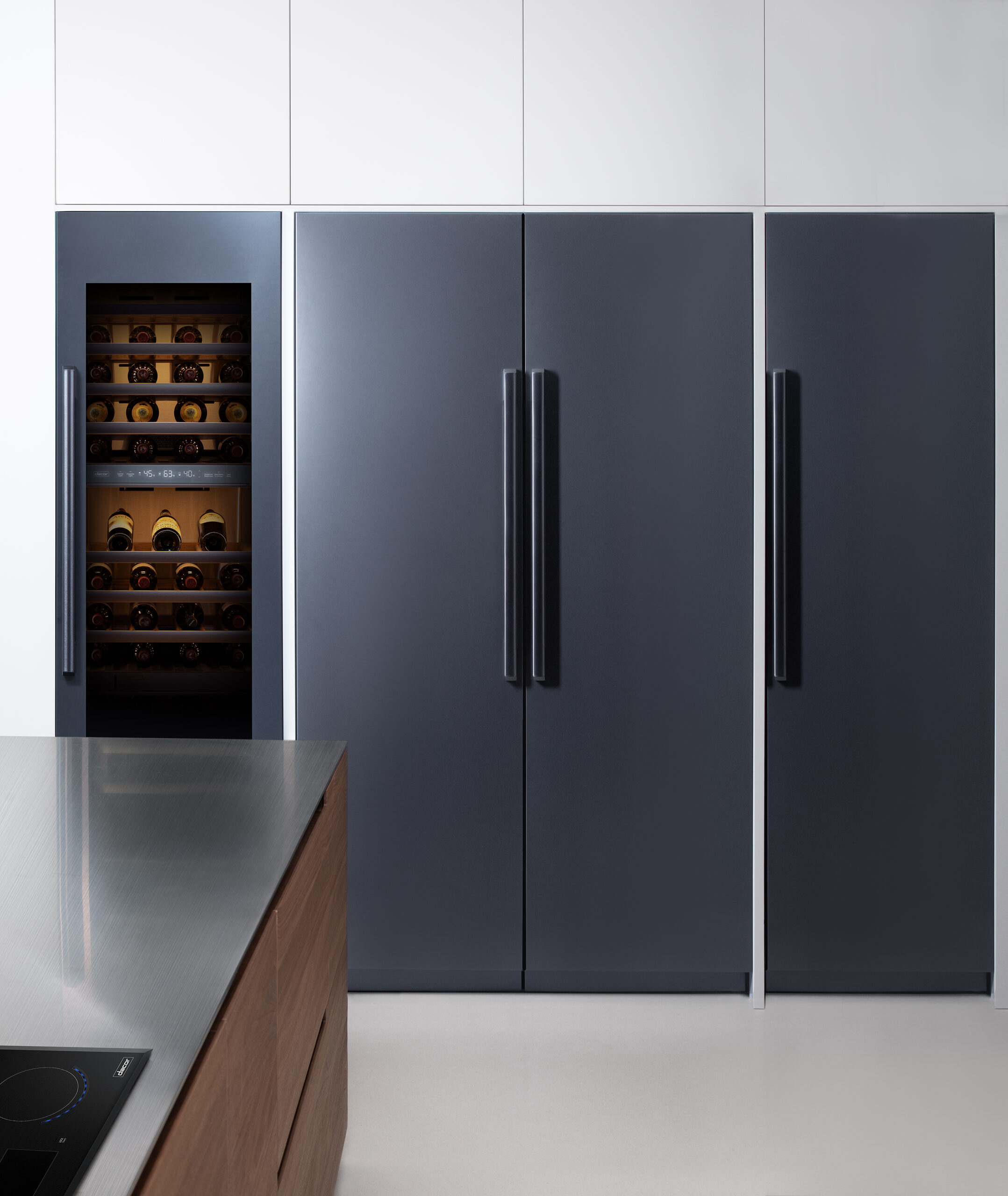 A fridge is a fridge, right? Wrong! The 30-inch Column Refrigerator by Dacor is the epitome of refrigerator technology. Placing technology at the forefront, the innovative fridge boasts intuitive features such as the iQ Remove View, which allows users to control temperature and lighting remotely and even view the contents of their refrigerator to simplify grocery shopping and a hidden touch-control display panel regulates temperature, helping to preserve food freshness and extending the lifespan of your groceries.
A fridge is a fridge, right? Wrong! The 30-inch Column Refrigerator by Dacor is the epitome of refrigerator technology. Placing technology at the forefront, the innovative fridge boasts intuitive features such as the iQ Remove View, which allows users to control temperature and lighting remotely and even view the contents of their refrigerator to simplify grocery shopping and a hidden touch-control display panel regulates temperature, helping to preserve food freshness and extending the lifespan of your groceries.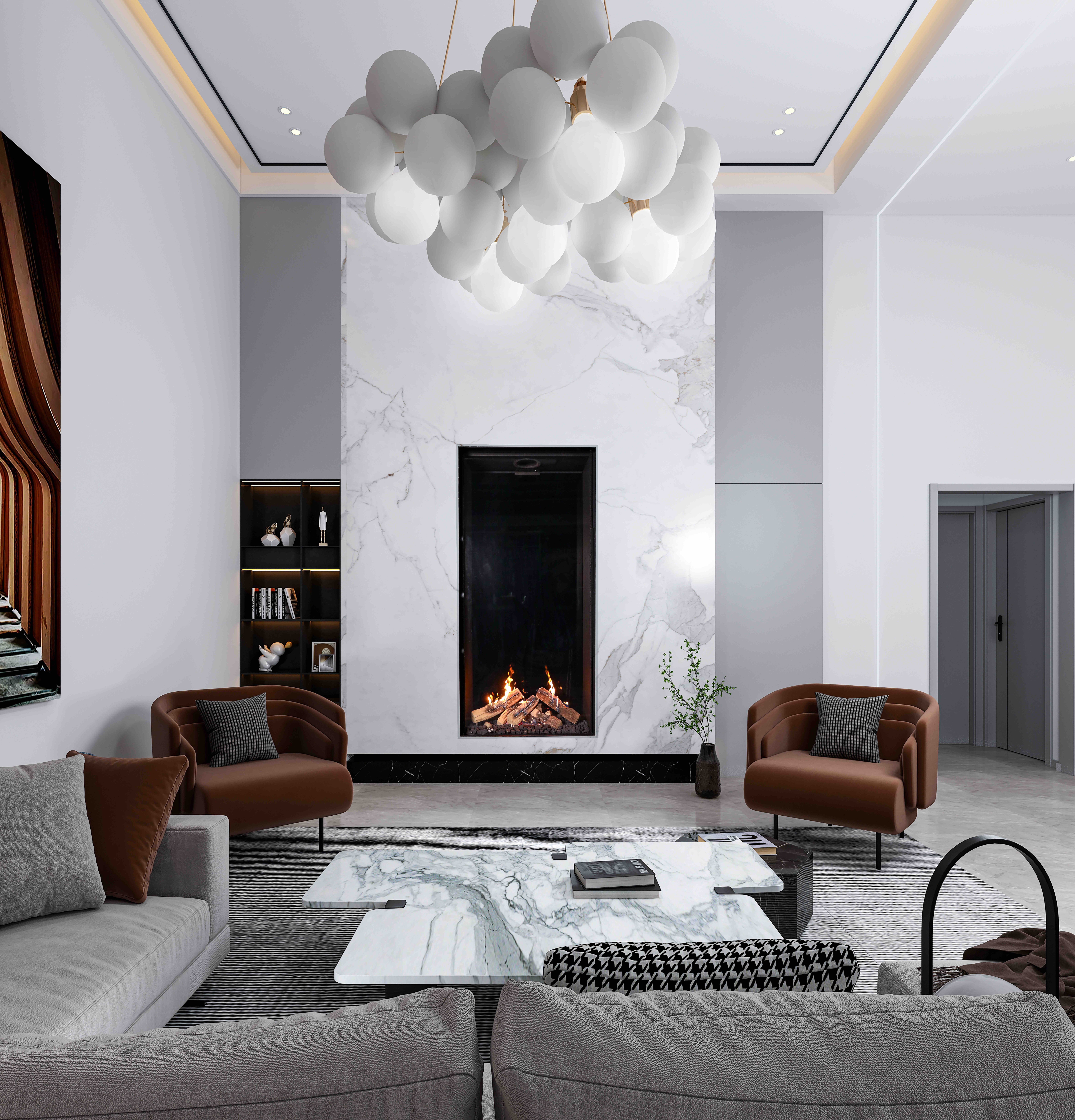 There’s nothing quite like sitting in front of the fire on a cold winter’s evening, but the thought of cleaning it out and lighting it, alongside environmental concerns, can quickly take the romance out of the idea of having a fireplace in your home.
There’s nothing quite like sitting in front of the fire on a cold winter’s evening, but the thought of cleaning it out and lighting it, alongside environmental concerns, can quickly take the romance out of the idea of having a fireplace in your home.

